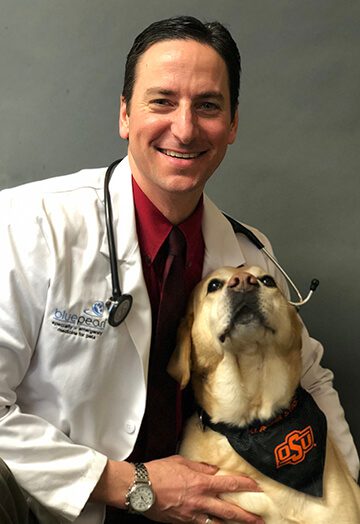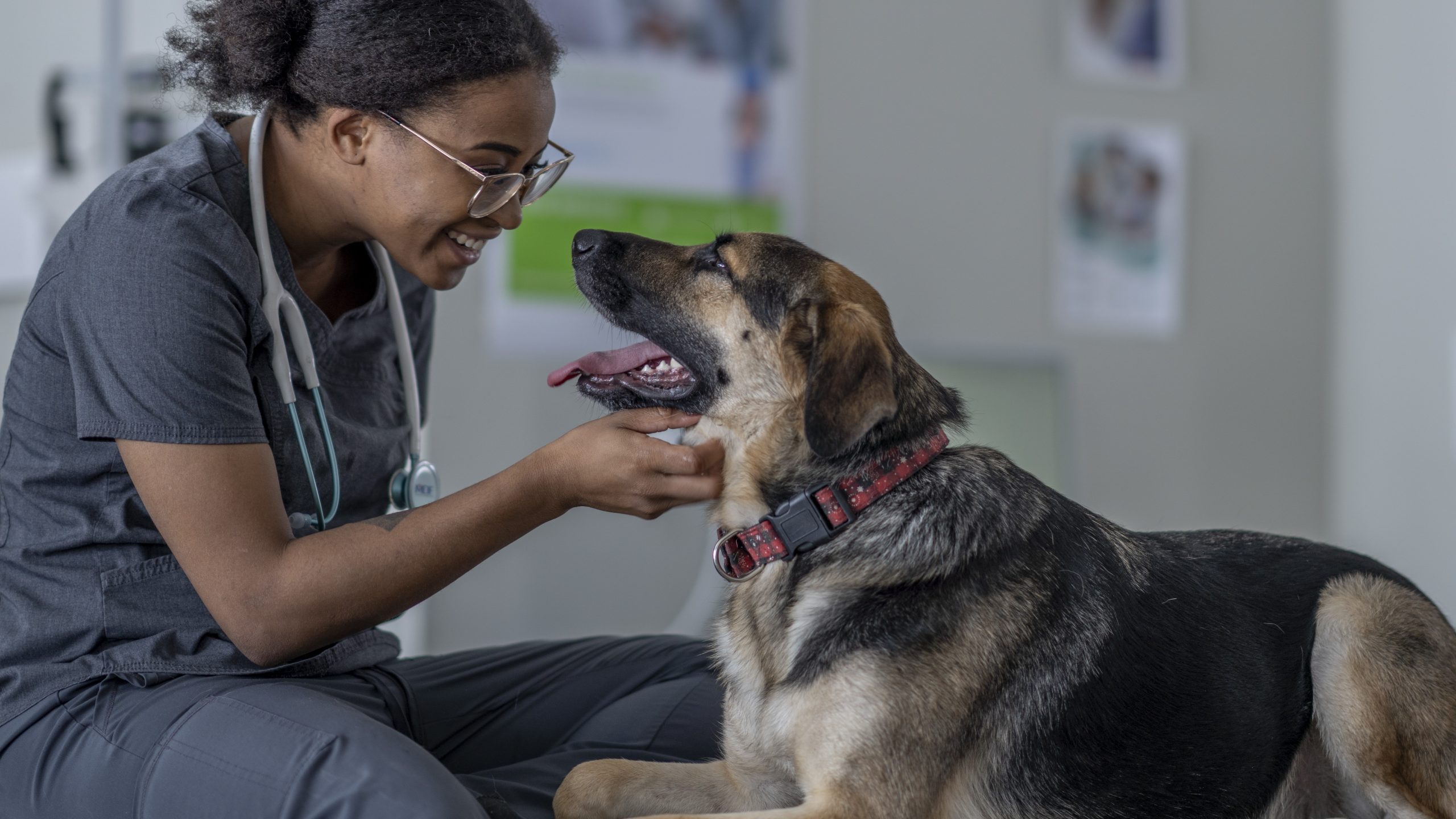Comprehensive Services Used by Vet McKinney for Your Furry Friends
Comprehensive Services Used by Vet McKinney for Your Furry Friends
Blog Article
Professional Tips for Animal Nutrition From a Vet
Comprehending the nutritional requirements of pet dogs is vital for their general health and long life. Vets recommend a well balanced diet plan that satisfies specific aspects such as task, breed, and age degree. With the multitude of pet dog food choices readily available, pet proprietors often locate themselves navigating a landscape raging with false information and misconceptions. As we check out necessary suggestions from veterinary professionals, it becomes noticeable that appropriate nutrition is not simply about what is fed however entails a deeper understanding of each family pet's unique requirements. What vital insights could change your strategy to animal nourishment?
Comprehending Nutritional Demands
Recognizing the nutritional requirements of pets is basic to ensuring their overall health and well-being. Similar to humans, pets require a balanced diet plan that gives essential nutrients, including proteins, fats, carbohydrates, minerals, and vitamins. These nutrients play critical roles in numerous physical features, such as power manufacturing, immune response, and tissue repair.
They are made up of amino acids, some of which are vital and should be obtained from food. Carbs serve as a primary power source and can sustain digestion health when they consist of fiber.
Each family pet may have distinct demands based on elements such as age, type, activity level, and wellness status. It is necessary to consult with a veterinarian to establish the particular nutritional needs tailored to your animal's specific requirements, guaranteeing they receive optimal nourishment throughout their life phases.

Picking the Right Food
Picking the appropriate food for pet dogs is a vital facet of meeting their nutritional needs. It is important to consider variables such as age, type, dimension, and health and wellness standing when selecting an animal food. Kittens and pups need formulations that sustain growth and growth, while adult pets require balanced diet plans that maintain their wellness. Senior family pets may gain from foods developed to resolve age-related problems, such as joint wellness or weight administration.
When examining animal food alternatives, try to find products that meet the Organization of American Feed Control Officials (AAFCO) standards, which make sure that the food gives well balanced and full nourishment. Components should be top notch, with actual meat as the primary source of protein. Prevent foods with too much fillers, synthetic ingredients, or byproducts, as these can interfere with the overall nutritional worth.
Consulting with a vet can provide tailored suggestions based upon your pet's particular demands. Additionally, transitioning between foods ought to be done progressively to stay clear of gastrointestinal trouble. By taking these actions, pet owners can guarantee that they are supplying their hairy friends with the best feasible nourishment for a satisfied and healthy life.
Common Myths About Pet Food
Exposing mistaken beliefs bordering pet food is vital for making certain optimum nutrition for our furry friends. One prevalent misconception is that all grain-free diet plans are superior for pet dogs.

In addition, several pet proprietors think that "costs" or "all-natural" tags ensure greater high quality. Nevertheless, these terms are commonly uncontrolled and do not always suggest exceptional nutritional value. It is important to scrutinize ingredient checklists and dietary accounts instead.
Unique Considerations for Various Breeds
When it comes to pet nourishment, special considerations have to be taken into consideration for different types, as each breed can have one-of-a-kind dietary demands and level of sensitivities. For instance, huge breeds such as Great Danes and Saint Bernards are vulnerable to bone and joint issues and might take advantage of diet regimens developed to sustain joint health and wellness, often including ingredients like glucosamine and omega fats. On the other hand, tiny breeds like Chihuahuas might require higher calorie thickness to meet their energy degrees, necessitating solutions that are rich in nutrients however reduced wholesale.
In addition, certain breeds may be inclined to specific health and wellness problems, such as food allergies or sensitivities. Breeds like Labrador Retrievers might battle with obesity, needing mindful section control and a balanced diet plan to preserve a healthy and balanced weight. On the various other hand, breeds such as Dachshunds may be much more prone to back concerns, prompting a requirement for diet plans that advertise back health and weight management.
Ultimately, comprehending these breed-specific dietary demands is critical for pet owners. Consulting with a veterinarian can help in selecting the most suitable diet plan tailored to a private family pet's type, health and wellness, and age status, ensuring optimal nutrition and health.
Value of Routine Vet Exams
Comprehending the distinct nutritional demands of various breeds is just one element of responsible animal possession; regular vet exams play a crucial function in preserving overall wellness. These exams are necessary for very early detection of health concerns, making sure that any type of potential troubles are attended to before they become significant. more information Routine check outs allow veterinarians to check your family pet's weight, dental wellness, and crucial signs, which are crucial indications of general health.
Additionally, routine exams allow vets to offer tailored dietary advice based upon your animal's specific health and wellness standing - Vet Mckinney. As pets age, their nutritional requirements might change, and modifications might be required to stop weight problems or nutrient shortages. Precautionary treatment, including vaccinations and parasite control, is additionally an essential part of these gos to, guarding your animal from numerous diseases
Along with physical exams, these appointments use an excellent chance for pet owners to go over behavior changes or issues concerning their family pet's eating practices. By focusing on normal vet check-ups, animal proprietors can make certain a read much longer, healthier life for their furry buddies, eventually boosting their top quality of life.
Conclusion
To conclude, making sure optimum pet dog nourishment requires a comprehensive understanding of individual dietary requirements, proper food choice, and understanding of widespread misconceptions. Unique factors to consider for numerous types have to be made up, and normal vet exams play a vital duty in monitoring health and dietary adjustments. Abiding by AAFCO standards and seeking advice from vets before making nutritional modifications will improve the well-being of pets, ultimately adding to their long life useful link and lifestyle.
With the wide variety of family pet food choices available, pet owners often locate themselves browsing a landscape swarming with misinformation and misconceptions. Each pet dog might have special requirements based on factors such as age, type, task level, and health status. It is crucial to take into consideration aspects such as age, dimension, breed, and health status when picking a pet dog food. Senior pets might benefit from foods made to deal with age-related issues, such as joint wellness or weight administration.
Understanding the one-of-a-kind dietary demands of different types is only one facet of accountable pet dog possession; regular vet check-ups play a crucial role in preserving total health and wellness.
Report this page